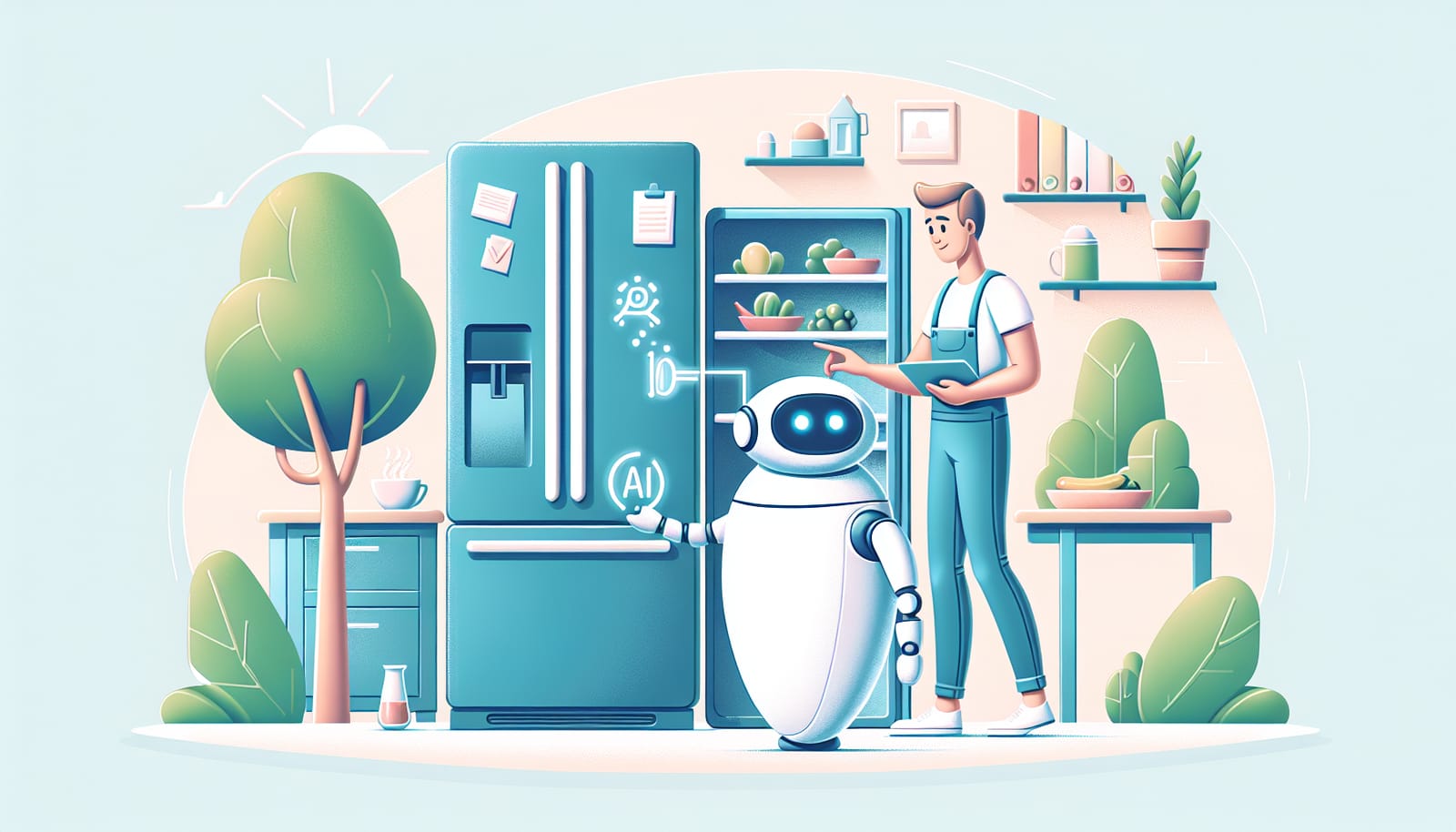In recent years, artificial intelligence (AI) has become a buzzword that seems to pop up everywhere, from news headlines to social media. With its rapid advancements, many people are left wondering: Could AI one day replace parents or teachers? The answer is a resounding no! In this article, we'll explore the role of AI in our lives, debunk some myths, and explain why nothing can truly replace the human touch.
The Essence of Parenting and Teaching
At the heart of parenting and teaching lies a unique bond built on love, understanding, and guidance. Parents nurture their children, providing emotional support and life lessons, while teachers inspire and educate, fostering curiosity and critical thinking. These roles require empathy, intuition, and personal connection—all qualities that AI simply cannot replicate.
AI can analyze data, recognize patterns, and even assist with tasks, but it lacks the emotional depth and understanding that come naturally to humans. For example, when a child is upset, a parent knows how to comfort them by offering a hug or a kind word. AI might be programmed to respond with suggestions, but it can never truly understand the emotional context behind those feelings.
AI: A Tool for Support, Not a Replacement
Instead of viewing AI as a threat to parenting or teaching, we should embrace it as a powerful tool that can enhance these roles. AI can help parents and educators by providing valuable insights and resources, allowing them to focus on what really matters: connecting with children.
For instance, AI-driven applications can track a child's academic progress, highlighting areas where they may need extra help. Teachers can use this information to tailor their lessons, ensuring that every student receives the support they need to thrive. This personalized approach means that AI is complementing, rather than replacing, the efforts of parents and teachers.
The Role of AI in Education
In the classroom, AI can take on several roles that support teachers. For example, AI can help automate administrative tasks, such as grading assignments or managing schedules. This allows teachers to spend more time engaging with students and less time on paperwork.
Moreover, AI can be used to create interactive learning experiences. Imagine a virtual tutor that adapts to a student's learning style, providing personalized lessons in real-time. This technology can help students grasp complex concepts in a fun and engaging way, making learning more enjoyable and effective.
The Human Touch: What AI Can’t Do
While AI is an impressive technological advancement, it has limitations that prevent it from stepping into the roles of parents or teachers. One of the most significant gaps is the ability to understand human emotions and social dynamics.
For example, during a school assembly, a teacher can sense the mood of the room, adjusting their message to resonate with the audience. Similarly, a parent can pick up on subtle cues that indicate when a child is struggling emotionally. AI lacks this intuitive understanding and cannot provide the same level of support.
Common Myths About AI
As AI continues to evolve, several myths have emerged that contribute to the fear of replacement in parenting and teaching. Let’s take a moment to debunk some of these misconceptions.
Myth 1: AI Will Take Over All Jobs
While AI is certainly transforming various industries, it is not designed to take over all jobs. Instead, it complements human skills and allows people to focus on more meaningful tasks. Jobs that require creativity, empathy, and interpersonal communication are less likely to be replaced by AI.
Myth 2: AI Can Replace Emotional Intelligence
AI is great at processing large amounts of data and providing information, but it cannot understand or replicate emotions. Emotional intelligence is a uniquely human trait that is essential in parenting and teaching. AI can assist by providing information, but it cannot replace the compassionate support that humans offer.
Myth 3: AI is a Threat to Education
Some believe that AI poses a threat to traditional education. However, it can actually enhance the learning experience. By providing personalized learning tools, AI enables students to learn at their own pace and style, making education more accessible and inclusive.
Embracing the Future Together
As we look to the future, it's important to remember that AI is a tool designed to assist us, not replace us. By integrating AI into our lives, we can enhance the roles of parents and teachers, allowing them to focus on building strong relationships and fostering a love for learning.
The goal should be to create a harmonious balance where AI and human interaction coexist. This way, we can harness the benefits of technology while preserving the essential human connections that enrich our lives.
In conclusion, AI is not planning to replace parents or teachers. Instead, it serves as a valuable ally, empowering them to be even more effective in their roles. By embracing AI, we can look forward to a future where technology and humanity work hand in hand to nurture and educate the next generation.
Final Thoughts
As we navigate the complexities of AI, it’s crucial to keep the conversation going. By educating ourselves about what AI can and cannot do, we can alleviate fears and focus on how to leverage this technology positively. Parents and teachers are irreplaceable, and with AI as a supportive tool, they can continue to shape the lives of children for the better.
So, the next time you hear someone say that AI is going to take over parenting or teaching, feel free to share what you've learned here. Let’s celebrate the incredible potential of AI while cherishing the invaluable contributions of parents and teachers who guide us on our journey through life!


